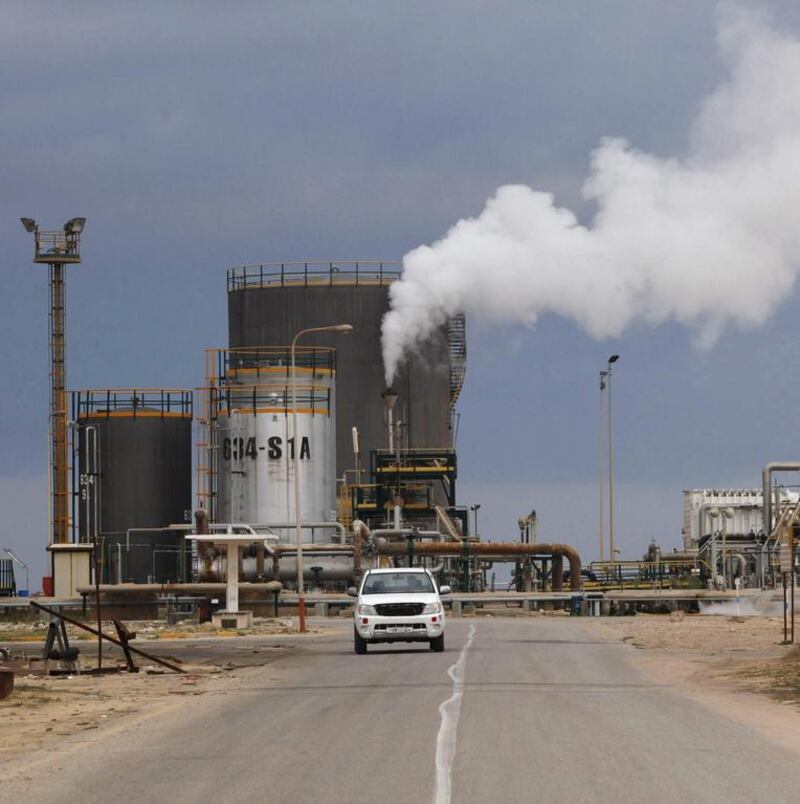Libya could more than double its oil production this year, but the prospect of potential disruptions will limit appetite for freshly unlocked supplies, said Goldman Sachs.
Pumping about 250,000 barrels per day (bpd), the home of Africa’s largest proved oil reserves is projected to increase production to 650,000 bpd or more this year by the bank. Before the disposal of Muammar Qaddafi in 2011, the provider of the light sweet crude prized by European refiners was pumping 1.6 million bpd, the source of nearly all its government revenues.
“In our view, Libya remains one of the key Opec suppliers to watch in 2014,” wrote a team of the bank’s analysts in a research note yesterday. But, it added: “The demand for Libyan crude oil will likely remain below potential. We believe that the elevated uncertainty around crude oil supply from Libya and the associated risks to potential customers [physical traders and refiners] will likely limit the marketability of Libyan crude grades in the short term.”
Sentiment about Libya’s production prospects buoyed this week as oil began flowing again from Al Sharara, one of the country’s largest fields. Operated by Spain’s Repsol, it is producing 60,000 bpd, according to Libya’s National Oil Corporation, representing a fifth of the field’s normal production.
Despite the fresh supplies, which are expected to be able to reach international markets through the Zawiya terminal in the country’s west, Goldman kept its forecast of 650,000 bpd of average production this year steady.
“The recent developments in Libya are consistent with our Brent price forecast for 2014, in particular as we believe that a resolution of the conflicts in Western Libya does not necessarily increase the likelihood of a resolution of the conflicts in Eastern Libya,” said the bank. “Our supply forecast for Libya therefore remains unchanged at 650,000 bpd on average through 2014, while we believe that the risks to this supply forecast are skewed to the upside.”
Brent crude futures inched up 92 cents to US$107.81 a barrel yesterday.
Two years after the revolution, Libya’s government is struggling to rein in militias and tribesmen who have refused to give up arms and have taken control of much of the country’s crude export facilities. Fifty-eight per cent of the country’s export capacity of crude and oil products remains offline, according to Goldman Sachs. The loss of the export capacity in the east has lost the country US$10 billion, according to Mustafa Abu Funas, the economy minister.
Several UAE companies have exploration prospects or operations in Libya, including Abu Dhabi’s Mubadala Petroleum, Dubai’s Al Ghurair Energy and the part Abu Dhabi-owned OMV of Austria. Almansoori, an Abu Dhabi oil services provider, and Al Maskari Holding, which had plans for a massive solar array, were also exploring prospects for new business.
ayee@thenational.ae





